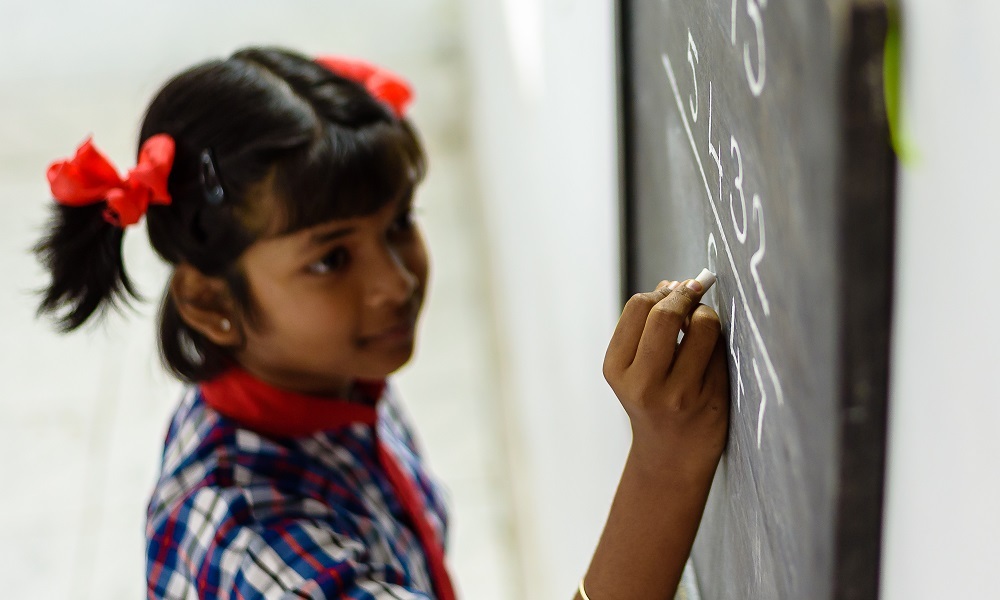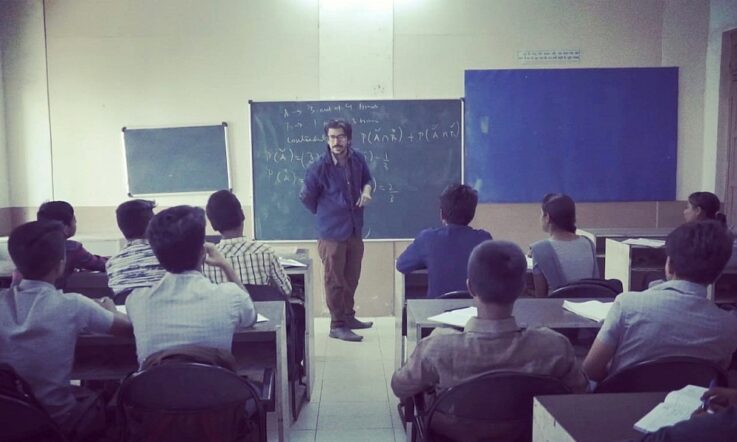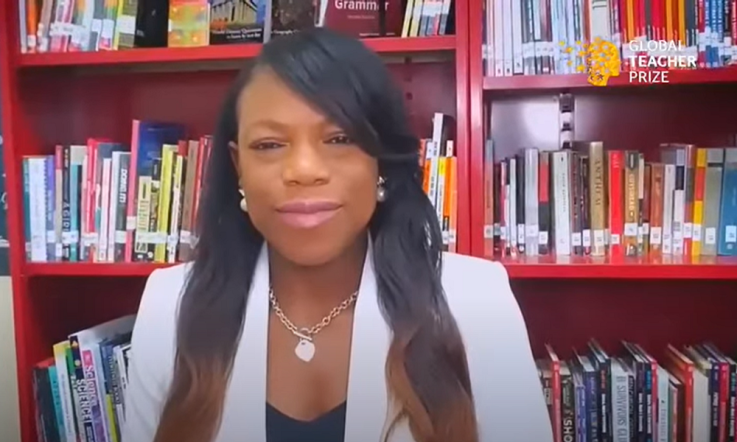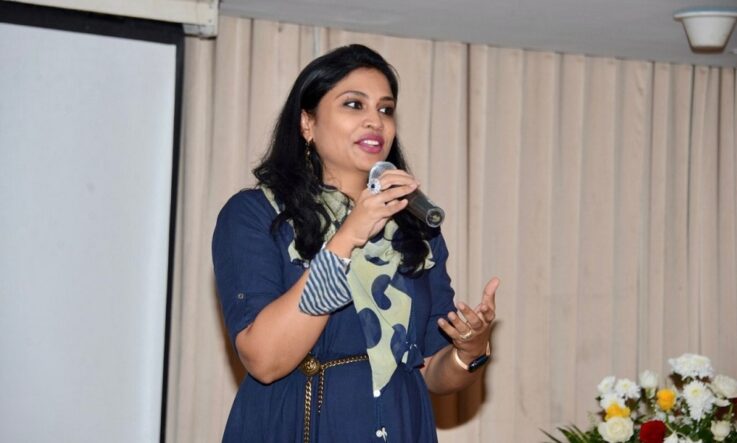Earlier this year, Satyam Mishra, one of 2 Indian educators in the Global Teacher Prize Top 50 for 2021, shared tips on making mathematics engaging and relevant for students. In today’s article, Mishra explains how he ensures his mathematics classroom supports a diverse set of learners.
Mishra teaches at Saint Stanislaus School, Mirzacheuki, in Bhagalpur district in Bihar, where a significant number of students come from socio-economically disadvantaged backgrounds. He has taught at the Malala Yousafzai All-Girls School in Lebanon dedicated to educating Syrian refugee girls, as well as several other schools in challenging areas, and takes special interest in improving educational equity.
He has 4 tips on making the classroom climate inclusive:
It’s okay to make mistakes
According to Mishra, the starting point is to create a classroom environment where students are allowed to make mistakes and experiment. One way to do this, he says, is by talking to students about inventions which are results of accidents.
‘My students got a shock of their lives when they figured that a lot of the great inventions were actually accidents, for example, invention of antibiotic and microwave was by accident. This teaches students that it’s okay to make mistakes. It’s okay to be terrified, it’s okay to learn in the process.’
Break myths, celebrate achievements
Mishra points out that it is important for a teacher to work on the belief system of students and their parents. Girl students and their parents need to realise and accept that girls can excel in STEM if they want.
He recalled his days as a fellow for Teach for India when he taught in low performing schools with students from different backgrounds.
‘We had started a STEM for all initiative. The simple idea was to break the myth that girls cannot do well in mathematics. The best way to do this was to share the results of high performing girl students with parents, teachers, and the school community.’
He mentioned, ‘You will be very happy to know that girls performed outstandingly across 322 Teach for India classrooms. Boys scored around 81% on an average and girls were at 79%, not much of a difference.’
Very recently, Mishra has introduced the Mahamahim programme at Mount Assisi School in Poreyahat. The programme prepares tribal girls in STEM subjects for the Grade 10 examination, and for a career in STEM later. The batch scored an average of 95.5% in Mathematics in their Board Exam in 2021-2022.
Personalised curriculum, additional support
At the school where Mishra taught initially during his fellowship, all students were at least 3-4 years behind their grade. Along with that there were students with additional needs in the same classroom.
He elaborated, ‘Taking all of that into consideration, we started remedial classes for all students requiring additional support. We would sit with groups of students with similar learning needs to address their challenges after school hours.’
Mishra emphasised the importance of providing a personalised curriculum to students based on their needs and career choices.
‘Giving students with special needs the choice to opt for open schooling helped them crack examinations at one go. Providing a different curriculum in the same school prevented us from limiting students in their career choices.’
Attention to learning styles and planning
There were many students in Mishra’s class who would forget concepts. He shared enthusiastically, ‘I had started a regular test series where I would ask one question per concept every single day. In this way, they would learn new concepts without forgetting the old concepts. Thus, they were revising the concepts with me and not alone.’
He added that he soon became a popular teacher as he wouldn’t give students any homework.
Mishra says that to make classrooms inclusive for all students, lesson planning is critical. Typically, 4 hours of classroom lectures would also mean 4 hours of planning. ‘The thumb rule when it comes to planning is that you have to put yourself in that classroom,’ he said.



